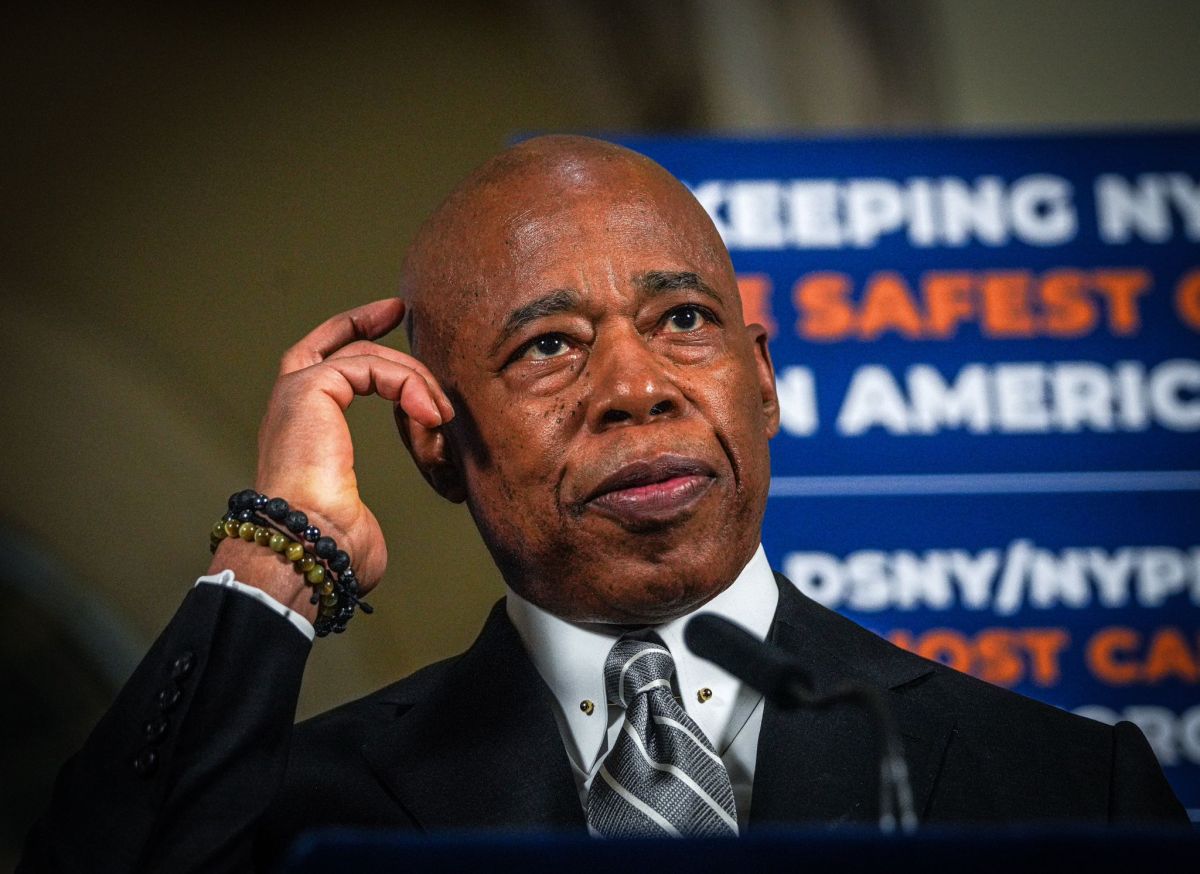BY ASSEMBLYWOMAN NILY ROZIC AND COUNCILMAN JUSTIN BRANNAN
Our nation’s childcare crisis existed long before the onset of COVID-19. Working families have been struggling for far too long to find the right balance between building their careers and caring for their children — or feeling guilty during moments when it feels like they have to choose one over the other. But with the new school year nearing, parents across the city are grappling with the choice between blended or stay-at-home learning. The weight of this choice is exacerbated by whether or not they will be able to access and afford child care.
It’s clear that the pandemic has laid bare racial, economic and structural inequities too stark to ever be ignored again. It’s also clear that our city is being confronted by a legacy of workplace inequalities that has historically disenfranchised communities of color. In a second wave of this virus, these disparities could worsen leaving the most vulnerable — our children — behind as our government’s ability to deliver is tested time and time again. With the reopening of schools on the horizon and the near certainty that, until there is a vaccine, the Department of Education will need to utilize a blended model in order to keep kids, teachers, and staff safe, it’s more urgent than ever that we address the massive childcare issues that will result from that model — especially for working families.
That’s why it’s on us to reimagine a new way forward when the moment calls for it. For our youngest New Yorkers whose school year has been impacted by COVID-19 in ways they could’ve never imagined, that means rethinking our childcare system.
For low-income and families of color where the norm is not only having working parents but often working multiple jobs to make ends meet, childcare couldn’t be more sorely needed. This failure to invest in community-based, affordable childcare is not only exclusionary, but often about reinforcing the notion that women should be at home with their kids, not in the workforce.
Now, in our new social distanced norm, families are struggling even more. Consider the medical professionals, delivery workers and other essential workers who cannot work from home during the pandemic. They require childcare but many daycares are still closed or too costly to afford. Families living paycheck to paycheck are not in a position to refuse to go into work to stay home and take care of their kids. These same families often rely on elderly relatives or retired neighbors to care for their children — options that are not feasible during a pandemic. Even for families who can safely work from home, having access to safe and affordable childcare can make the world of a difference in balancing responsibilities as we all adapt to a new way of living.
Now is the time to focus on solutions that are inclusive of all families no matter their socioeconomic status. First, we need universal, affordable childcare. There are numerous proposals that detail how we would implement a program of this scale. The city should immediately convene a team to establish a sustainable program that provides quality care while paying daycare workers and administrators livable wages. And if anyone tells you that is not possible, remind them this is the city that made universal prekindergarten a reality for every 3- and 4-year-old. It might not be easy, but we have the administrative infrastructure to put a new universal, childcare program in place.
Second, we need a stimulus program to provide a universal basic income for parents: a family UBI. For the duration of the pandemic, and until universal childcare is a reality, we should be providing every parent with a stimulus check so that they can afford childcare centers, babysitters, tutors or even to take time off work. Providing parents with additional income would give them real options to consider as they determine what is in their children’s best interest.
The cost of not providing meaningful childcare options will be exponentially worse. If parents need to choose between their jobs and their kids’ safety, we should really be asking ourselves how we will pay for the increase in evictions, homelessness, and school closures when too many kids are withdrawn.
Universal childcare and a family UBI would stimulate the economy, create stability where we so desperately need and begin the long process of making New York’s childcare more economically and racially just. Wealthy parents have always had choices when it comes to caring for their children. It’s time we extend that to all parents.




































